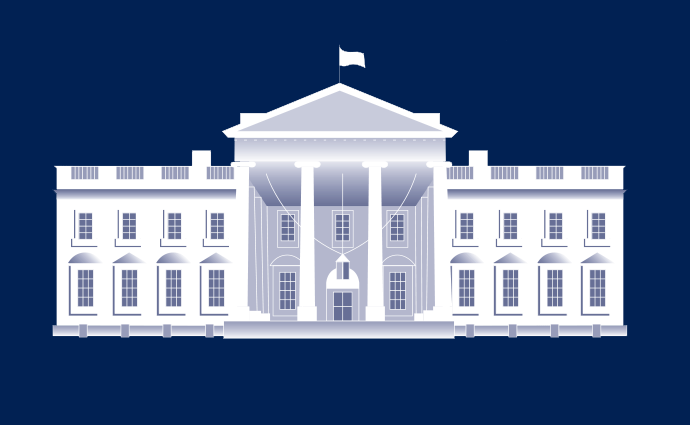Executive Order to Aid Employee Access to Individual Health Plans
Under a new executive order, employers have the ability to help their workforces afford individual health plans as well as dental and vision coverage.

Source: White House
- The Trump Administration issued an executive order that will allow employers to help employees pay for health insurance via health reimbursement arrangements.
As part of individual coverage health reimbursement arrangements (HRAs), employers can provide funding to their workforce for premiums and other medical care expenses beginning in 2020.
According to the Department of Health & Human Services, an estimated 800,000 employers and 11 million employees and dependents will benefit from the executive order.
“Too many Americans today have little say in how their healthcare is financed,” said Secretary Alex Azar. “President Trump has promised Americans that he will put them in control of their healthcare, and this expansion of health reimbursement arrangements will help deliver on that promise by providing Americans with more options that better meet their needs. This rule and other Administration efforts are projected to provide almost 2 million more Americans with health insurance.”
HHS provided a brief description of how the rule will impact employers and employees next year:
Under the rule, starting in January 2020, employers will be able to use what are referred to as individual coverage HRAs to provide their workers with tax-preferred funds to pay for the cost of health insurance coverage that workers purchase in the individual market, subject to certain conditions. These conditions strike the right balance between employer flexibility and guardrails meant to protect the individual market against adverse selection, and include a notice requirement to ensure employees understand the benefit. Individual coverage HRAs are designed to give working Americans and their families greater control over their healthcare by providing an additional way for employers to finance health insurance.
Health coverage for small businesses remains a challenge for regulators at the federal and state level. Last month, Cigna and other payers shot down bills in the Connecticut legislature that would have made available a public option for small businesses and their employees to participate in. In Connecticut alone, small businesses employ 700,000 individuals, many of whom struggle to access and afford health coverage.
Under the executive order, employers fund tax-free-account for employees to purchase individual health plans. Additionally, employers that offer “regular workplace coverage” also have the option to establish HRAs up to $1,800 to offset the cost of dental and vision care, services not covered by traditional health plans. Employees cannot contribute to these accounts.
“The HRA accounts join short-term health insurance and association health plans as the Trump administration's answer to high health insurance premiums,” the Associated Press noted. “The common thread in all three approaches is that they're geared to making private coverage more affordable. But they don't include the same levels of protections and benefits required by the Obama-era Affordable Care Act.
The Kaiser Family Foundation views the executive order as a win for consumers struggling with rising premiums.
"With this new approach there is a potential for employers to shift to a defined contribution for health care, much like they have done for pensions with 401(k) plans," Larry Levitt told AP. "But I don't think that will happen on a large scale."
Some provisions of these “special pretax health arrangements” don’t comply with consumer protections within the Affordable Care Act, the Wall Street Journal reported. The Obama Administration opposed tax-free accounts for employees as they were considered potentially detrimental to employer-sponsored health plans. However, analysts view the reversal under the Trump Administration as a net win for employers and employees.
“This new rule gives businesses a better way to offer health insurance to employees and allows workers to select coverage that best fits their and their families’ needs,” said Treasury Secretary Steven T. Mnuchin. “I am proud of this Administration’s efforts to curb the cost of healthcare for American workers and small businesses by expanding coverage options and spurring competition.”
HHS has made an FAQ publicly available. The final rule is slated to be published in the Federal Register next week.
